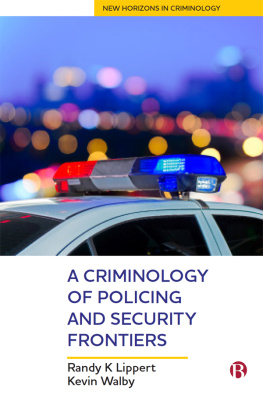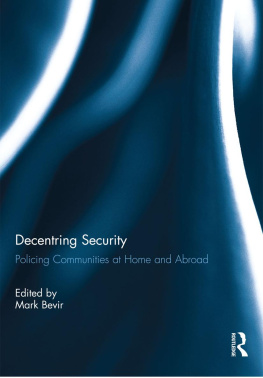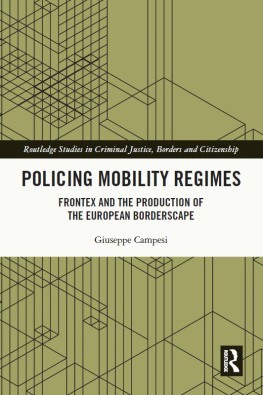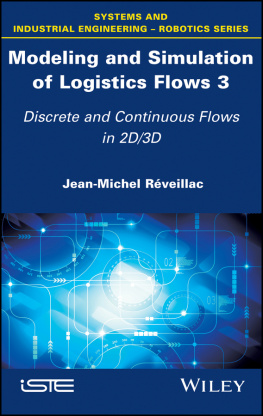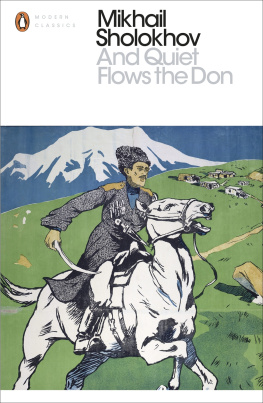Anthony Amicelle (editor) - The Policing of Flows: Challenging Contemporary Criminology
Here you can read online Anthony Amicelle (editor) - The Policing of Flows: Challenging Contemporary Criminology full text of the book (entire story) in english for free. Download pdf and epub, get meaning, cover and reviews about this ebook. year: 2019, publisher: Routledge, genre: Politics. Description of the work, (preface) as well as reviews are available. Best literature library LitArk.com created for fans of good reading and offers a wide selection of genres:
Romance novel
Science fiction
Adventure
Detective
Science
History
Home and family
Prose
Art
Politics
Computer
Non-fiction
Religion
Business
Children
Humor
Choose a favorite category and find really read worthwhile books. Enjoy immersion in the world of imagination, feel the emotions of the characters or learn something new for yourself, make an fascinating discovery.

- Book:The Policing of Flows: Challenging Contemporary Criminology
- Author:
- Publisher:Routledge
- Genre:
- Year:2019
- Rating:5 / 5
- Favourites:Add to favourites
- Your mark:
The Policing of Flows: Challenging Contemporary Criminology: summary, description and annotation
We offer to read an annotation, description, summary or preface (depends on what the author of the book "The Policing of Flows: Challenging Contemporary Criminology" wrote himself). If you haven't found the necessary information about the book — write in the comments, we will try to find it.
Rectifying the fact that little criminological attention has been paid to the notion that the security of flows increasingly embodies concerns at the heart of contemporary policing practices, this book makes a significant contribution to knowledge about the policing and security governance of flows.
The book focuses on how the growing centrality of flows affects both contemporary risks and the policing organisations in charge of managing them. The contributors analyse flows such as event security; border controls and migration; the movement of animal parts; security-related intelligence; and organisational flows. The emerging criminology of these, as well as flows of money, information and numerous commodities, from pharmaceuticals to minerals or malicious software, is leading to critical advances in the understanding of the changing harm landscapes and the practices that have developed to manage them.
Taken as a whole, the book opens up the conversation, and encourages the invention of new conceptual, theoretical and methodological tools to help criminology tackle and better understand the mobile world in which we live. This book was originally published as a special issue of Global Crime.
Anthony Amicelle (editor): author's other books
Who wrote The Policing of Flows: Challenging Contemporary Criminology? Find out the surname, the name of the author of the book and a list of all author's works by series.

